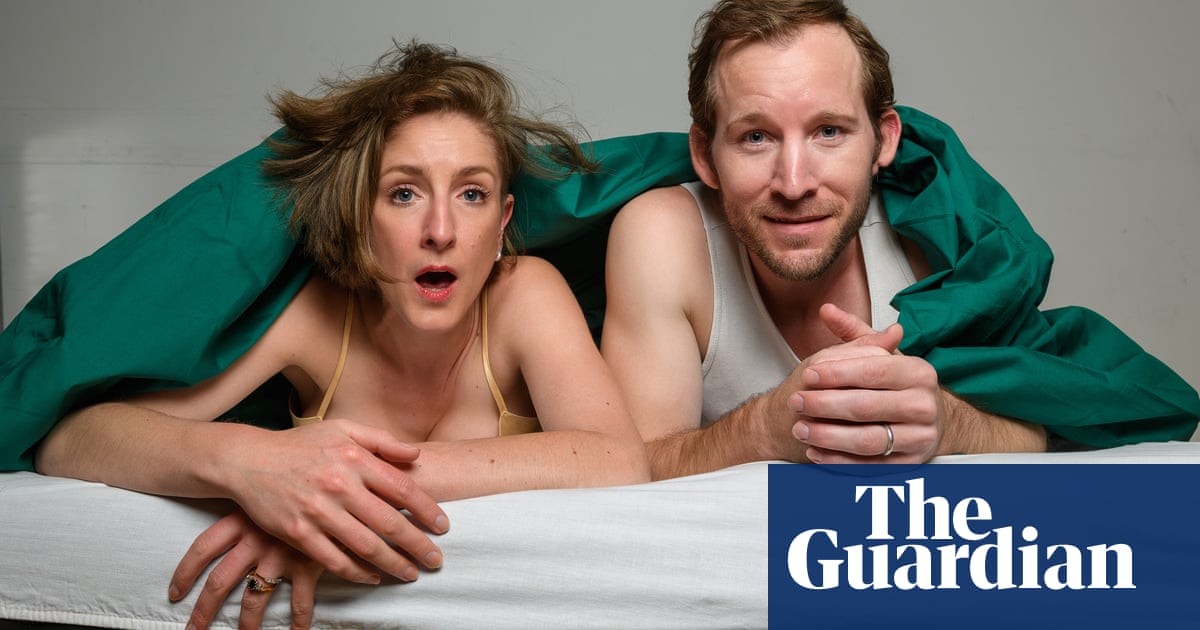
Audiences and performers from around the world will once again have no anarchic festival home in the Scottish capital to head for this August. The vast Edinburgh festival fringe – the largest annual concentration of live comedy, drama, cabaret, music and dance – is to be restricted to just a few events and an array of online offerings in 2021.
“I feel a little like a jilted lover: many of us do,” Guy Masterson – a fringe stalwart and producer and director of some of its most successful plays for more than two decades – told the Observer. “There has been so much dithering from the city council and the Scottish government and no real recognition of what the fringe means to the Edinburgh economy.”
Masterson, who has had a run of hits including his acclaimed 2003 revival of Reginald Rose’s Twelve Angry Men, in which he cast well-known comedians, was due to bring a major new show starring Marcus Brigstocke and others to the fringe.
“There seems to be no respect for the people who make the fringe happen each year. Instead there is disdain,” said Masterson. “I do understand why some residents may resent everyone flooding in each year, but it creates enormous income. For some reason there has been a focus from the authorities on supporting the international arts festival, and that’s fine, but you only have to look at the bottom line to see the difference compared to the fringe.”
Last year, all the city’s summer festivals were cancelled. This year, although the prestigious international festival will go ahead with a reduced programme chiefly in large open-air auditoriums, the official festival fringe, with its myriad of amateur and independent professional performers, has had to fend for itself in an environment where small pop-up venues are understandably considered a potential health hazard.
“It has been an awful for me as a producer. You work on your wits anyway, but now the whole marketplace has been removed,” said Masterson, who is instead staging Scaramouche Jones at London’s Wilton’s Music Hall. “2020 would have been my 27th year at Edinburgh and although the fringe may resurrect next year, will the artists and crew have survived, or just taken on other jobs and commitments?”
Next year is the 75th anniversary of both the fringe and international festival, set up in response to the bleak postwar cultural landscape. Last week, Creative Scotland released £25m to try to support arts across the country. But many fringe operators fear smaller production companies and performers from outside Scotland will see little of this money.
The Festival Fringe Society, which coordinates the thousands of events that surround the international, commissioned, festival, has been open for registration since early last month and will not reveal how many shows have yet signed up, despite a 25% cut in fees. Tickets will go on sale from 1 July, when the situation may have become clearer.
Some live performances, said Shona McCarthy, chief executive of the fringe society, would take place from 6 August. A “fringe player” has been created to allow remote audiences to watch productions.
“Our primary concern is this assumption we can all trade our way to recovery, when we haven’t been able to trade since August 2019 and the current 2-metre distancing means there is no financially viable way to deliver shows this year,” she said. “This is precisely the time to help this vital community of creatives get back on their feet.”
McCarthy added that fringe producers and venues were “in active conversations with Edinburgh council and the Scottish government, and are working relentlessly to realise the extent of what’s both safe and possible.”
Only two years ago there were 3,841 shows on the fringe at 323 venues, with 3,012,490 tickets sold to customers from 63 countries.
Mel Brown, who runs the Impressive publicity agency and the Funny Women comedy awards, has worked at the fringe every year since 1999. “Most promoters and agents are not sending their acts up as they simply would not get the worth out of it,” she said this weekend. “Performing in Edinburgh is very expensive, and with half-capacity venues and therefore half the ticket sales, and no real media to support it and no awards, there is simply no point.”
The absence of the fringe had “made a massive dent” in the comedy community, Brown said: “Newcomers who wanted to debut have had to wait – putting their live careers on hold, unable to even develop their material in clubs.”












